Doctor-Led Longevity: The New Standard of Care
Issue 69: The front page of longevity medicine - curated by doctors, for doctors.
Hey Doc,
3 things I’m tracking this week:
1. Real connection is making a comeback
AI isn’t replacing us, it’s returning time to us. Recent studies show EHR automation is saving physicians 2-3 hours daily. That’s time to think, learn, connect with patients, and live better with the people we love. The future of longevity will be both digital and deeply human.
2. The capital shift is real
Longevity investment (biotech to consumer health) hit $5.2 billion in 2024, up 37% from last year. Now comes the hard part: proving outcomes, not just engagement. We’re entering the evidence era of longevity and physicians will decide what’s legitimate.
3. Science is speeding up
Each week brings breakthroughs in aging biology and healthspan research. Human trials are growing, and the preclinical research pipeline is stronger than ever. Longevity research is maturing into longevity medicine and we need to be ready.
This week’s cover story: Doctor-Led Longevity: The New Standard of Care
Healthy Sunday!
Dr. David Luu - Founder, Longevity Docs
In this week newsletter:
Cover Story: Doctor-Led Longevity: The New Standard of Care
Buzz in the Chat: Lab Platforms & Longevity Testing • GLP-1 Injection Issues
Research Radar: Urolithin A • Infertility interventions • Marriage and aging
Longevity in the News: Blueprint funding • FDA approvals • Equinox Women’s Health
Inside Longevity Docs: Longevity Docs Table
Each week, I try to explore one idea that could advance longevity medicine and hopefully support physicians in bringing it to life.
Doctor-Led Longevity: The New Standard of Care
Why physicians will define the next frontier of preventive medicine and make longevity accessible to everyone.
Longevity is trending. Hotels offer biohacking suites. Gyms promote blood panels. Start-ups sell age tests as subscriptions.
It’s exciting but confusing.
As testing and data become commodities, interpretation is being lost. A wearable can tell you how you slept. It can’t tell you why. That gap between information and meaning is where physicians are most needed and most absent.
The next healthcare revolution will be led by physicians who translate complex data into action, ethically, responsibly, at scale.
The Limitations of Platform-Based Longevity
Consumer platforms promise precision health. They deliver data, not care.
Data, then what? Numbers without interpretation create confusion, not insight.
Generic advice, not personalization. Apps suggest what to eat or when to sleep, they can’t prescribe, diagnose, or prioritize risks.
No integration of true risk. Family history, comorbidities, drug interactions, and environmental factors remain invisible.
No medical responsibility. They can’t ensure safety, prescribe medications, or guide interventions longitudinally.
Platforms could measure longevity. Physicians will manage it.
The New Role of the Longevity Doctor
Tomorrow’s physician must interpret data, integrate new modalities, and collaborate with technology.
That means understanding:
Data: multi-omics, continuous monitoring, AI diagnostics
Interventions: cutting-edge or repurposed interventions, behavioral therapies
Integration: connecting biology with environment, purpose, and lifestyle
Technology scales access. Physicians bring context, ethics, and empathy.
From Luxury to Standard
Every medical advance began as luxury. Early imaging, genetic sequencing, robotic surgery were once reserved for the few. They became standard because physicians validated them, researchers proved them, and systems invested in them.
Longevity medicine will follow the same path… if physicians lead with evidence and integrity.
Today, physician-led longevity care may look like concierge medicine. Tomorrow, it will shape frameworks for hospitals, insurers, and governments. Once validated, prevention becomes policy.
The Ethics of Expansion
Longevity medicine must be grounded in science. Physicians must separate evidence from enthusiasm, test interventions before they trend, and measure outcomes over marketing. This is how the field earns legitimacy and scales access.
Why Physicians Should Engage Now
Clinical evolution: Longevity science strengthens every specialty.
Systemic influence: Physician-led models define protocols that guide insurers, policymakers, and public health.
Sustainable practice: Preventive, data-driven care aligns physician wellbeing with patient outcomes.
Partnership opportunities: Physicians can collaborate with platforms, bringing clinical expertise.
The Future Is Physician-Led, Patient-Centered, and Evidence-Based
Platforms will democratize access: bringing awareness, education, and affordable testing to millions. But data isn’t care.
AI processes information. Labs measure it. Only physicians integrate it into personalized, ethical, effective treatment.
True democratization means longevity services in every primary care clinic, not just concierge practices. The future will be when longevity medicine becomes the new standard of care, accessible to everyone.
Every week, the Longevity Docs WhatsApp group feels like a front-row seat to the future of medicine. Here’s what had doctors buzzing:
Lab Platforms Debate
What Docs Are Saying:
The thread comparing Vibrant America, Quest, LabCorp, and Function Health drew major attention. Clinicians debated pricing, client-bill contracts, phlebotomy logistics, and patient compliance. Many praised Vibrant for fewer vials and a smoother portal, while others found Quest 10–15 % cheaper. Function was confirmed to route through Quest in most markets.
Why It Matters:
For longevity clinics, operational friction at the lab interface directly affects patient satisfaction, adherence, and data quality.
Takeaway for Longevity Docs:
Audit your lab partners for draw burden, turnaround time, and cash-pay transparency. Adopt a standardized “Longevity Baseline Panel,” integrate mobile phlebotomy, negotiate rates, and streamline data collection.
GLP-1 Injection Issues
What Docs Are Seeing:
Multiple clinicians compared patient reactions to semaglutide and tirzepatide injections: localized wheals, itching, and transient fatigue. The consensus: many side effects stem from cold injections. Warming the pen 30–60 minutes before use, rotating sites (abdomen ↔ thigh), and pre-treating with antihistamines markedly reduced reactions. Some noted abdominal sites trigger more irritation and nausea than thighs.
Why It Matters:
GLP-1s are now foundational in metabolic-longevity protocols. Poor injection technique or local reactions are a top reason patients discontinue therapy.
Takeaway for Longevity Docs:
Educate patients on site rotation, temperature, and storage. Track reactions and fatigue patterns via follow-up messaging or wearables. Standardizing GLP-1 protocols can improve adherence, reduce adverse events, and elevate patient experience in longevity programs.
Not a member yet? Join the debate in the WhatsApp group
Longevity Docs is a highly vetted, invitation-only community for physicians shaping the future of longevity medicine. Apply to connect with our team.
Each week, I highlight a few studies that caught our eyes and could shape the future of longevity medicine.
Effect of the mitophagy inducer urolithin A on age-related immune decline: a randomized, placebo-controlled trial
These findings indicate that short-term UA supplementation modulates human immune cell composition and function, supporting its potential to counteract age-related immune decline and inflammaging. Nature Aging
Ribosome dysregulation and intervention in age-related infertility
These data suggest a causal role for elevated transcription of ribosome genes in aging oocytes and cumulus cells and identify rapamycin as a promising treatment for age-related infertility. Cell Reports Medicine
Gender disparities in marital status and risk of developing age acceleration
The findings of this cross-sectional study suggested that differential marital status has a variable impact on the risk of developing age acceleration, with significant gender differences. All indications are that men benefit more from marriage in the aging process, which is food for thought. Experimental Gerontology
Arterial stiffness is associated with prefrontal cortex integrity in ageing
This study is the first to demonstrate that PWV is associated with reduced cortical thickness of the PFC in older adults, independent of traditional cardiovascular risk factors. The findings highlight arterial stiffening as a potential modifiable risk factor of neurodegenerative and structural brain changes in ageing populations. Geroscience
Adapting health, economic and social policies to address population aging in China
We synthesize China’s current policies toward promoting healthy longevity in the general population, focusing on social health insurance, long-term care insurance, community and home-based care and palliative care, as well as gerontological research, public health prevention, nutritional and medical interventions, while identifying strengths and gaps. Finally, we propose suggestions to promote a more inclusive, resilient and happier aging society within China’s distinctive sociopolitical and cultural context. Nature Aging
Every week, I track what’s shaping the field: funding rounds, FDA approvals, product launches, and the stories making headlines. Here’s what matters for physicians.
How to Die Young at a Very Old Age
Everyone will die, but we can live healthier, longer lives until that day comes. That’s the guiding principle that motivates the work and advocacy of Nir Barzilai, a longevity researcher and president of the Academy for Health & Lifespan Research. Time
AI-powered diabetes prevention program shows similar benefits to those led by people
An AI-powered lifestyle intervention app for prediabetes reduced the risk of diabetes similarly to traditional, human-led programs in adults in a recent study, researchers from Johns Hopkins Medicine and the Johns Hopkins Bloomberg School of Public Health report.
Longevity Seekers Are Taking N.A.D.+ Supplements. Do They Work?
NAD⁺ therapies are trending among longevity physicians, but evidence in humans remains limited.
Animal data are promising, yet clinical outcomes show only mild, short-term effects.
Supplements and IVs are unregulated, with inconsistent quality and uncertain long-term safety. NYT
Longevity science is on the cusp of major breakthroughs thanks to AI, but significant ‘data gaps’ need to be filled, expert says
Our never-ending quest to live longer and healthier lives is set to get a big boost from AI technology. But as with all things AI-related, one of the biggest roadblocks is data. Fortune
Bryan Johnson’s Blueprint raises star-studded $60m funding round
Bryan Johnson’s Blueprint has raised $60 million to make his data-driven longevity protocol -including medical testing, nutrition, and AI-guided therapies- accessible to the public. The company’s new CEO, Gyre Renwick, will oversee operations while Johnson focuses on expanding his “Don’t Die” initiative. LT
New menopause drug to target hot flashes without hormones gets FDA approval
The FDA has approved Lynkuet (elinzanetant) (BAYER), a once-daily, hormone-free pill that targets the brain’s thermoregulation system to reduce hot flashes and night sweats in menopausal women. CNN
‘A Medical Miracle’: Is Period Blood the Most Overlooked Opportunity in Women’s Health?
Once dismissed as waste, menstrual blood is emerging as a powerful diagnostic and research tool. Startups like NextGen Jane and Qvin, along with academic groups such as the Rose Project, are developing tests that use menstrual effluent to detect gynecological conditions like endometriosis, monitor hormones, and even explore stem cell therapy potential. The Guardian
Lanserhof Group Raises €110 Million to Expand Ultra-Luxury Longevity Resorts
The Lanserhof Group, often dubbed the world’s top longevity clinic, raised €110 million to expand its supplements and cosmetics lines and to open new medical resorts, including in Marbella. Rather than investing in urban health clubs, the company is doubling down on its luxury wellness retreat model across Austria, Germany, and soon Spain. Beauty Matter
Equinox Launches “EQX ARC,” A First-Of-Its-Kind Program Redefining Women’s Health
For decades, the science of performance has been written by and for men. Fitness programs, nutrition protocols, recovery models: all built around male physiology and then handed to women with the assumption that they’d simply adapt. But as any woman who’s ever pushed through a workout during her luteal phase or battled brain fog mid-cycle knows, that model has always been incomplete. Now, Equinox wants to rewrite the playbook. Forbes
Longevity Docs Table: Miami sold out - Boston, LA, SF, Vegas are next
We launched the Table because physicians told us they felt isolated and needed guidance to transform their practice. Each intimate, Jeffersonian-style dinner gathers a curated circle of longevity-minded physicians to share real challenges and breakthroughs, tackling questions no conference can answer.
Miami is sold out. Next cities: Boston, Los Angeles, San Francisco and Las Vegas
Where to Find Us
Boston · Nov 15 – Harvard Healthcare Conference
Novato · Dec 6-8 – Longevity Clinic Roundtable
Las Vegas · Dec 12-13 – A4M Conference
Palm Beach · Nov 13-16 – Eudemonia Summit
Las Vegas · Jan 6-9, 2026 – CES
New York · January 31 – Longevity Docs AI/Tech Mastermind
Cannes, France · June 9-11, 2026 – Longevity Docs Summit
Longevity Docs is a global education and community platform uniting physicians to make longevity medicine the new standard of care.
With members in 50+ countries, we democratize longevity medicine by giving doctors access to a trusted community, rigorous education, and culture-shaping platforms.
Our mission is to equip physicians with the knowledge, tools, and network to confidently practice evidence-based longevity care. We do this through three pillars:
Community: connecting physicians worldwide into a curated and collaborative network.
Education: providing evidence-based training, certification, and innovation.
Culture: bringing longevity medicine into the scientific and cultural mainstream.
Subscribe to the Longevity Docs Newsletter
Stay connected with a global network of 500+ physicians in 50+ countries advancing longevity medicine. Get evidence-based insights, clinical updates, and exclusive access to the community shaping the future of longevity care.
Newsletter Disclaimer:



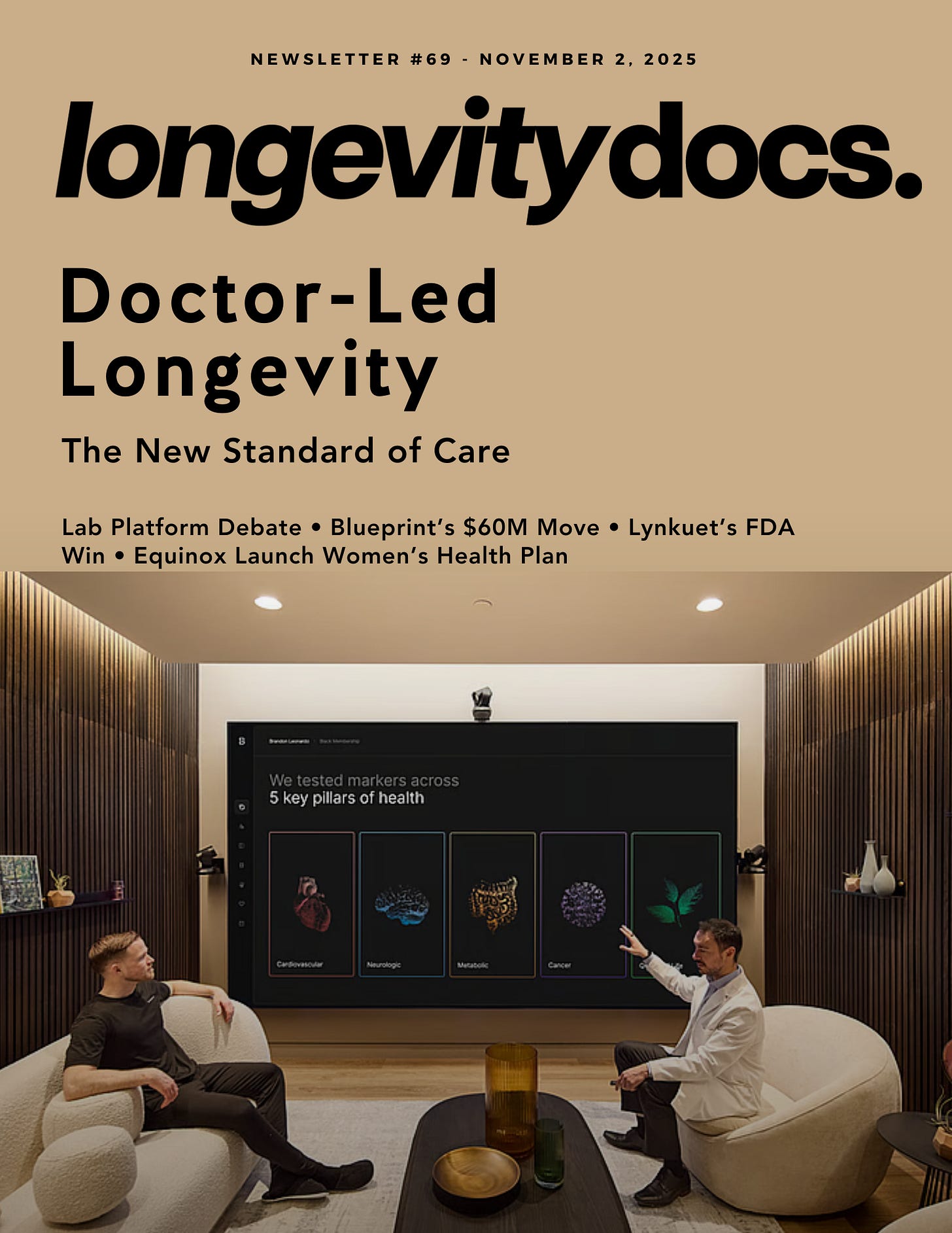



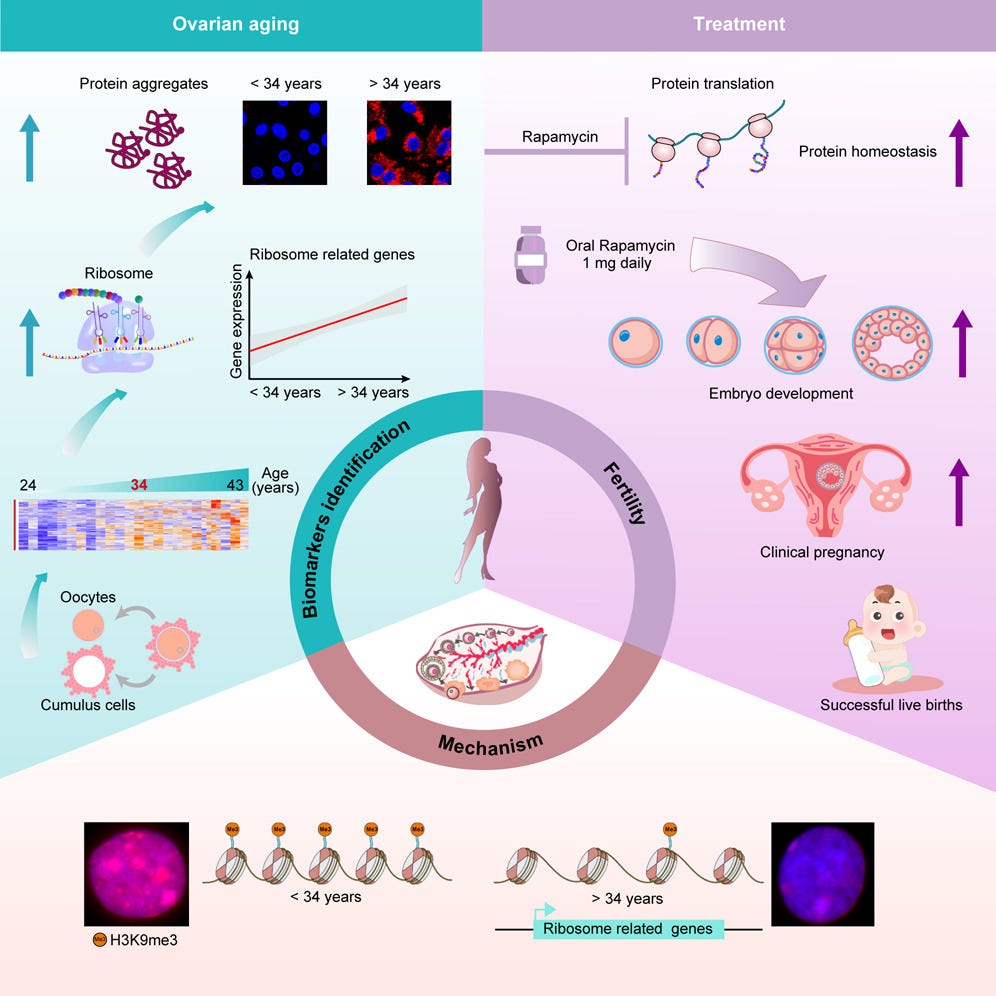
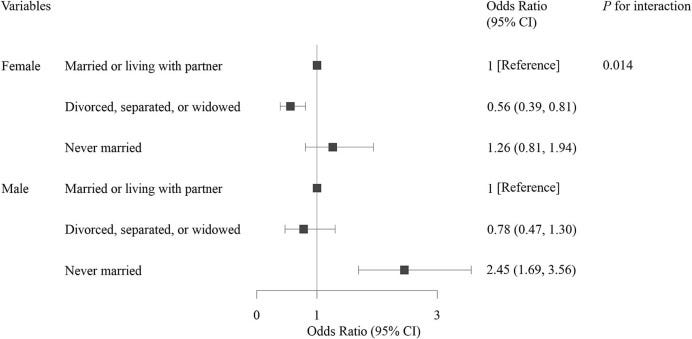
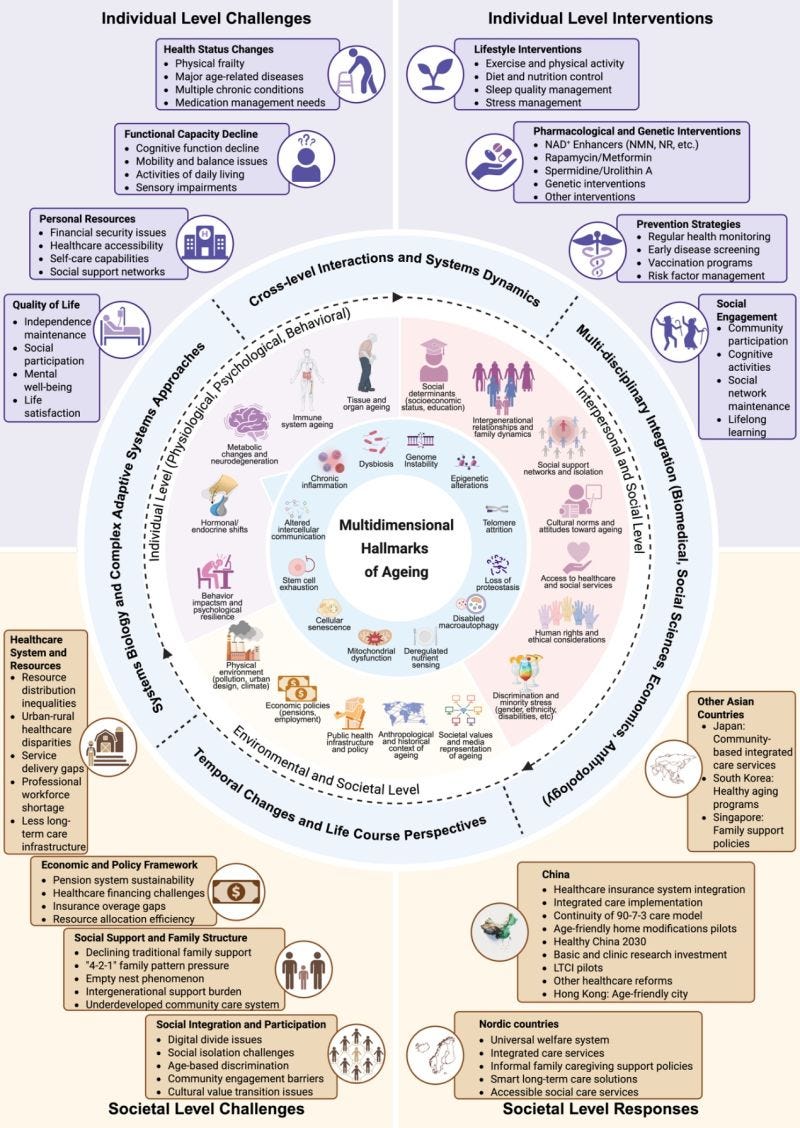




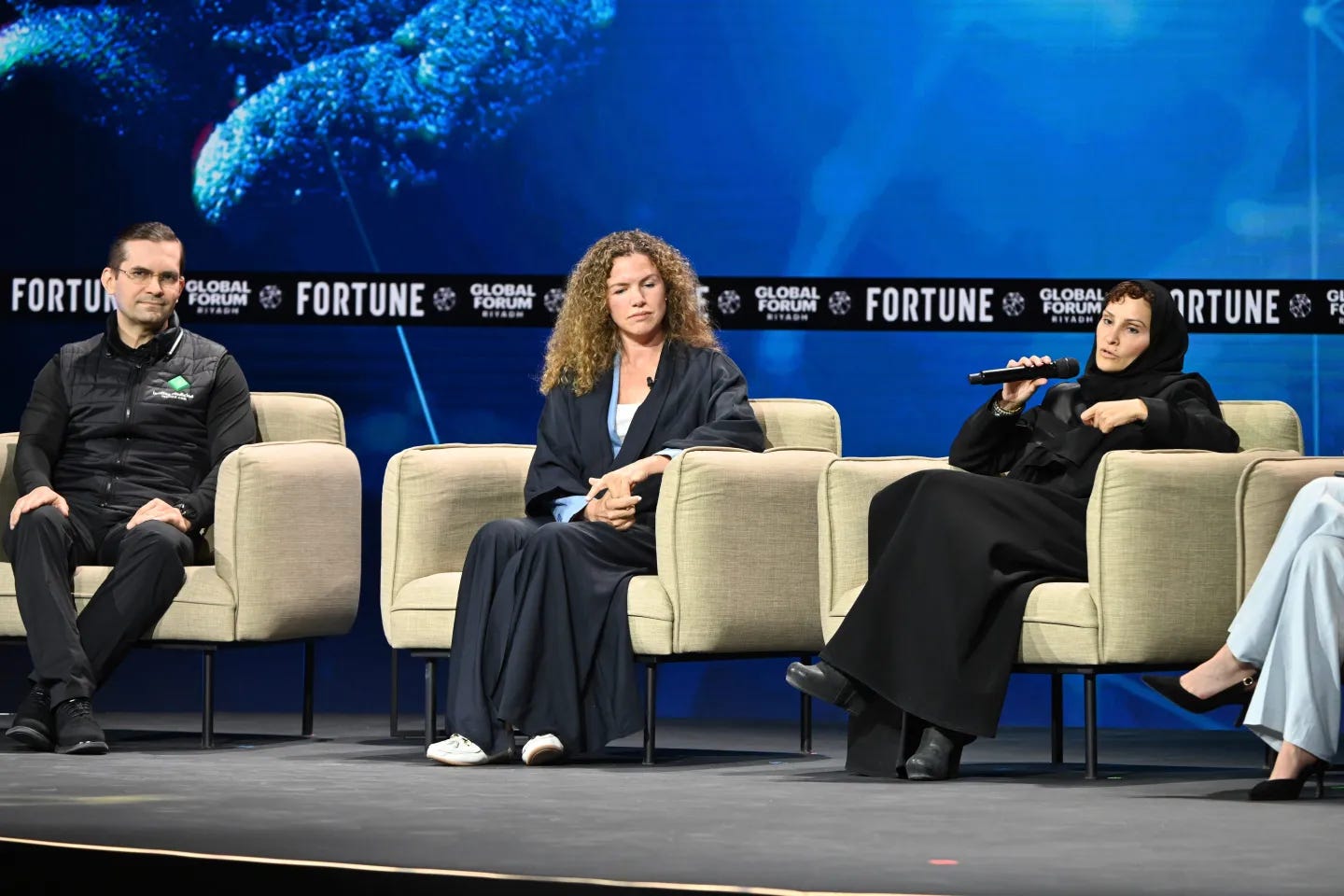

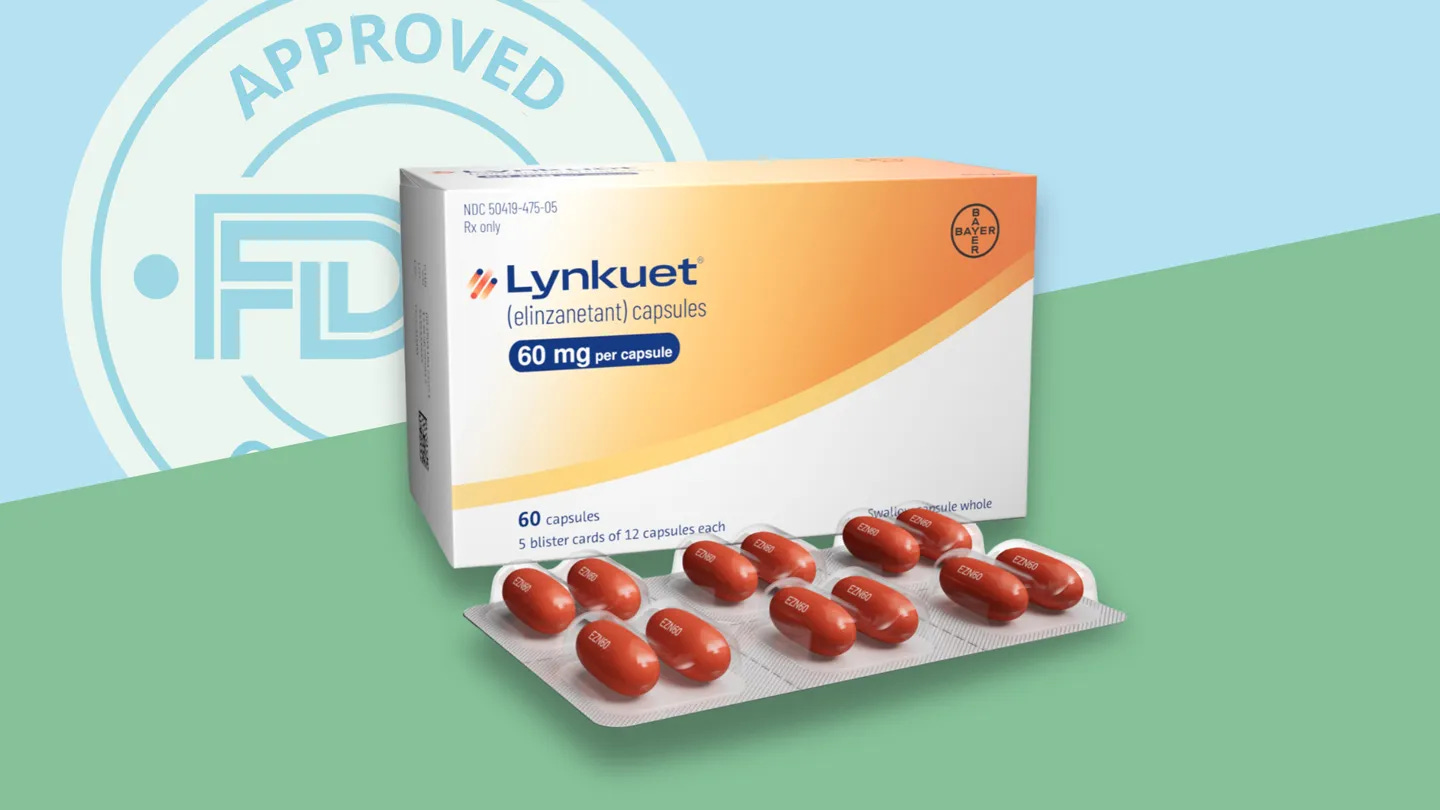
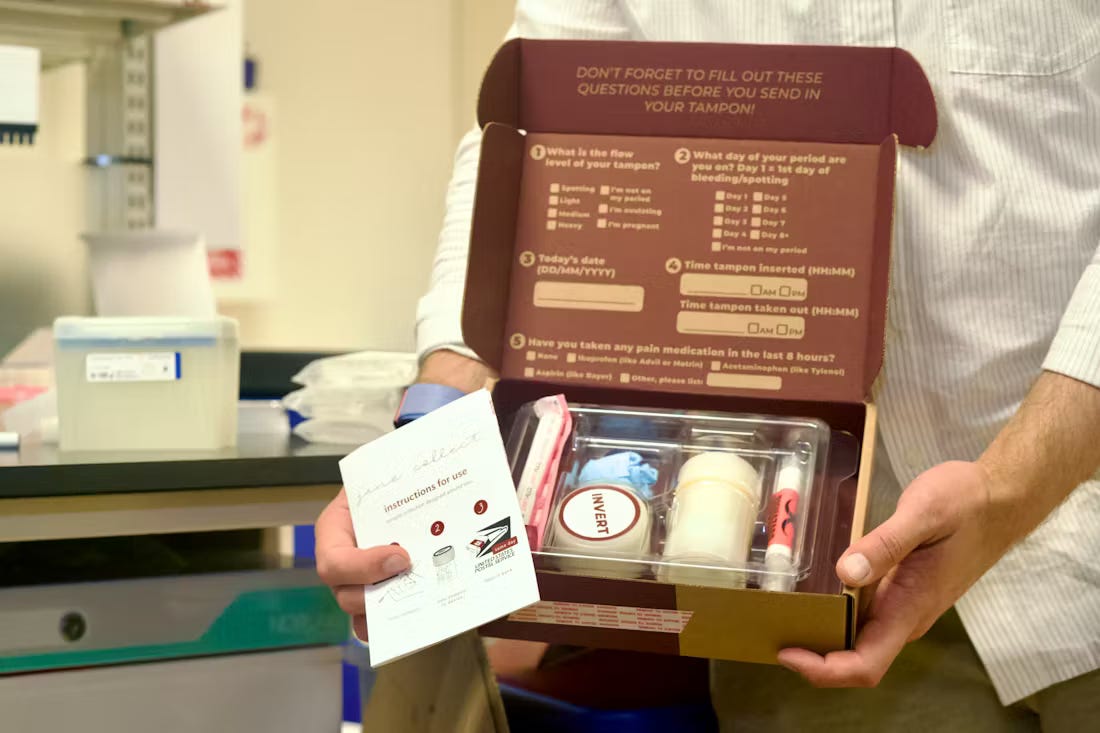





Prioritize: climate, diagnostics. PREVENTIVE Med and immune boost while specialists focus on breakthroughs. As i see it- breakthroughs target one chronic disease or organ- not overall wellness - will not mean much til climate fixed.
The injection technique discussion around GLP-1s highlights a huge gap between pharmaceutical trials and real world implementation. When adverse event rates in practice diverge from clinical trial data, it's often because patient education on administration wasn't adequately transferred from research coordinators to frontline clinicians. Standardizing these protcols across longevity practices will be critical for maintaining the therapy adherence rates that justify these drugs' cost effectiveness models to payers.